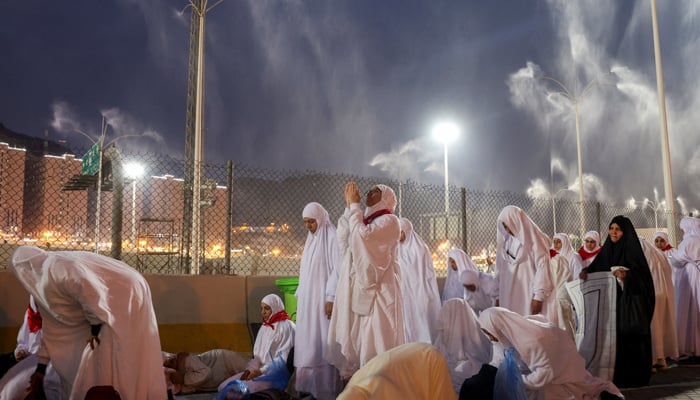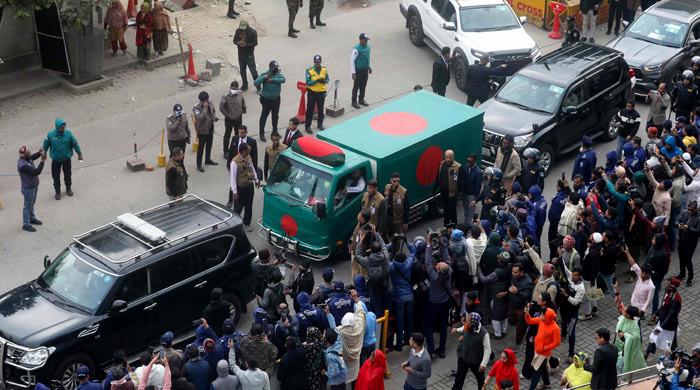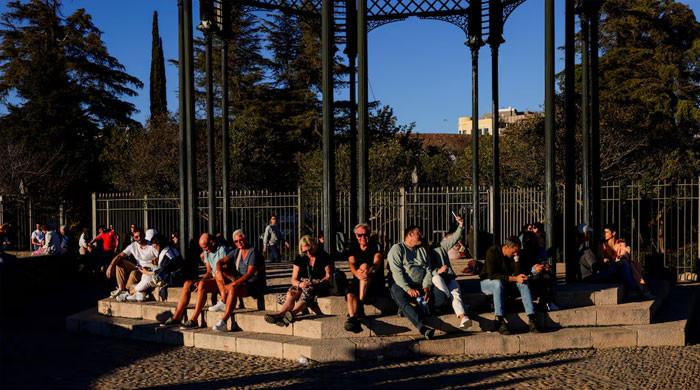'Majority of dead Tunisian, Jordanian pilgrims didn't have Hajj permits'
Both nations confirm most of dead pilgrims entered Saudi Arabia on tourism, visit or Umrah visas
June 20, 2024

With deaths from this year's Hajj topping 1,000, officials from several countries have confirmed that most of their pilgrims who passed away during the pilgrimage were individuals who entered Saudi Arabia on tourism or visit visas months before the Hajj rituals began.
These individuals remained in Makkah until the Hajj season and performed the pilgrimage without proper authorisation, lacking support from any company or entity to provide accommodation, food, or transportation services.
The Ministry of Foreign Affairs, Migration, and Tunisians Abroad confirmed that most of the dead Tunisian pilgrims had arrived in the Kingdom on tourism, visit, or Umrah visas.
Similarly, Dr Sufyan Qudah, Director of Operations and Consular Affairs at the Jordanian Ministry of Foreign Affairs and Expatriates, reported that all Jordanian pilgrims who passed away or went missing were not part of the official Jordanian Hajj delegation; i.e. they had entered Saudi Arabia with tourism or visit visas and without Hajj permits.
This year’s Hajj season witnessed a significant increase in temperature in Makkah, and a large number of pilgrims arrived on tourism or visit visas from various nationalities.
These pilgrims travelled long distances in the holy city under the scorching sun, without any company or entity providing accommodation, food, or transportation services.
Consequently, they were exposed to the risks of heat exhaustion, sun exposure, and long walking on rugged, unpaved paths not designated for pedestrians. These conditions led to the unfortunate deaths of many, May they rest in peace.









